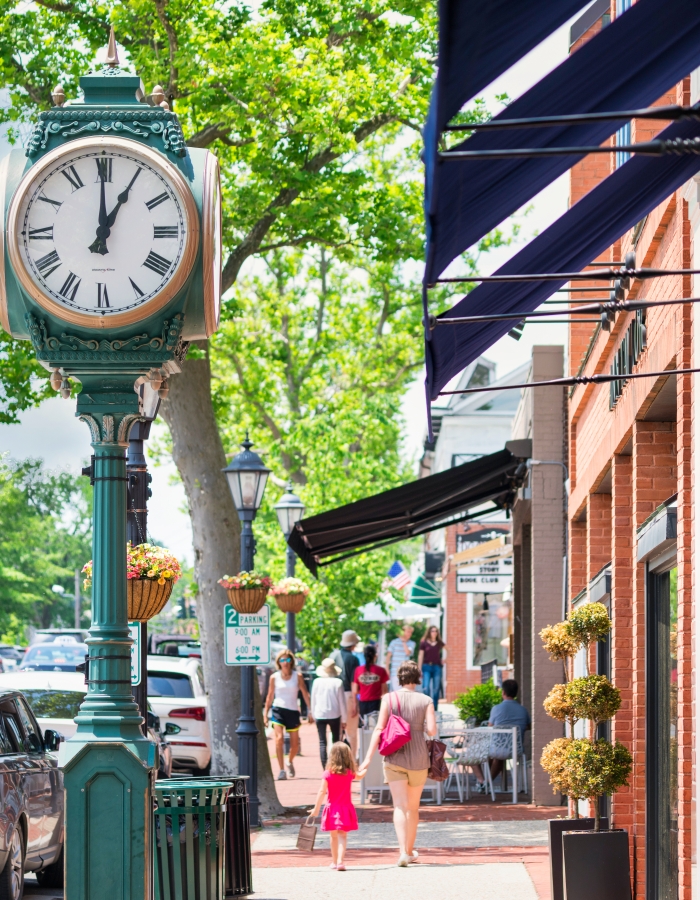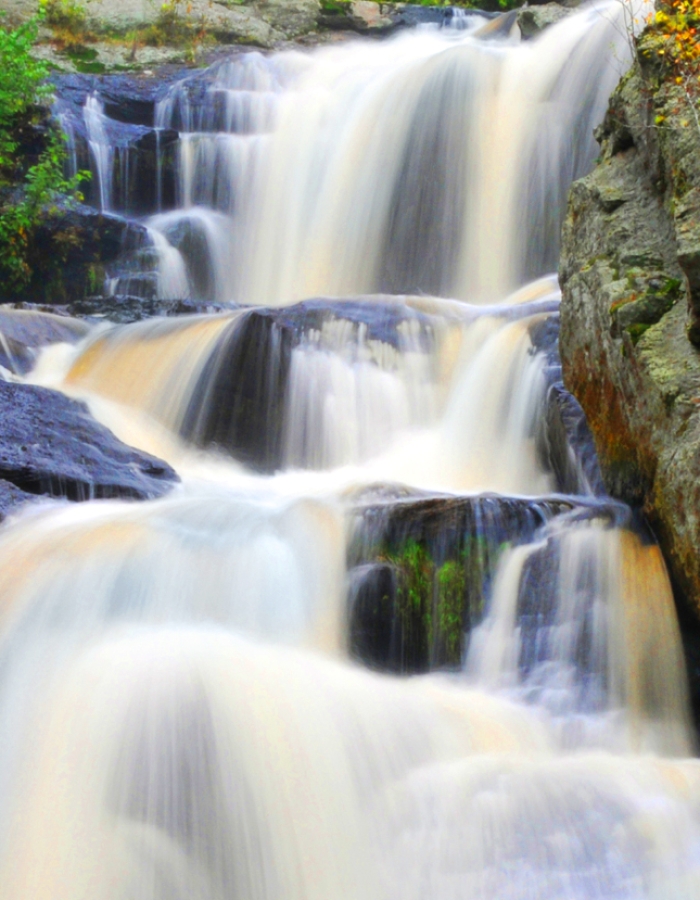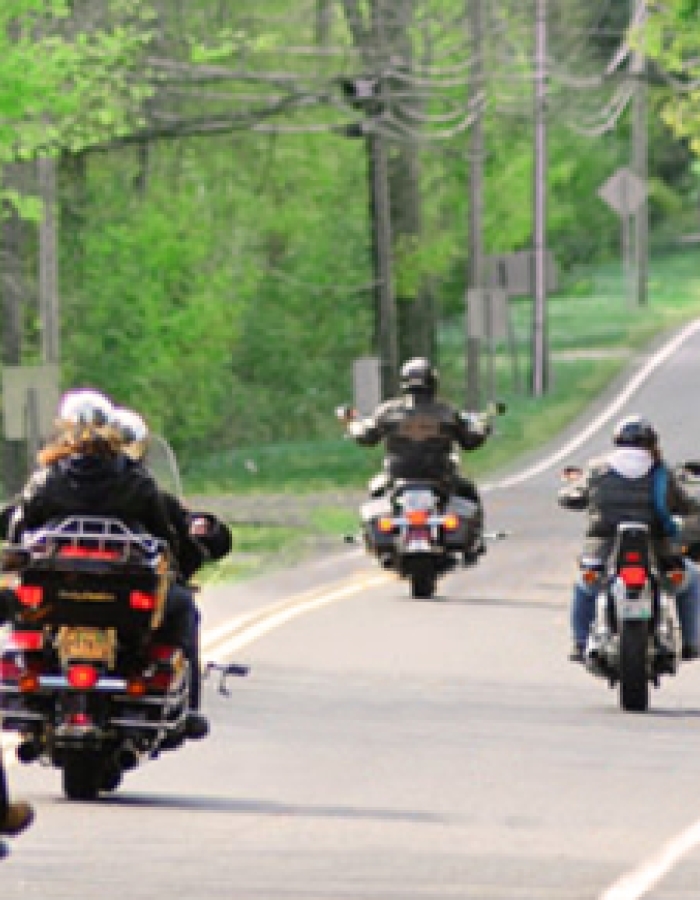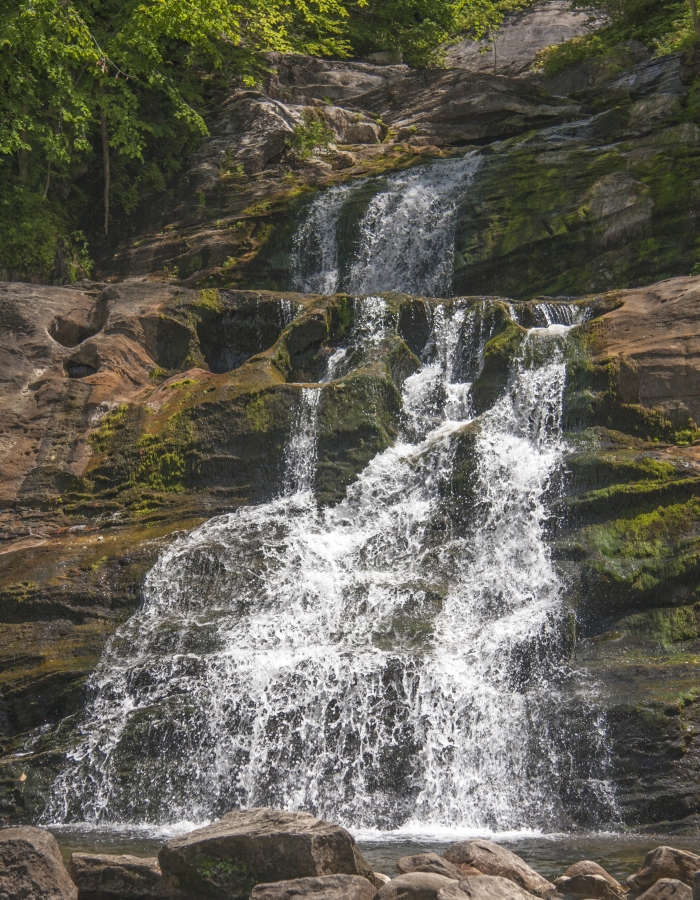Connecticut Forts & Fortresses
last updated: January 2024
From the earliest settlements in Connecticut, building a fort was always the first order of business. Today, some of these fortifications, or at least their strategic positions, still survive. Visit them and you will get some sense of life – and threats to life – in those early days.
Fort Griswold
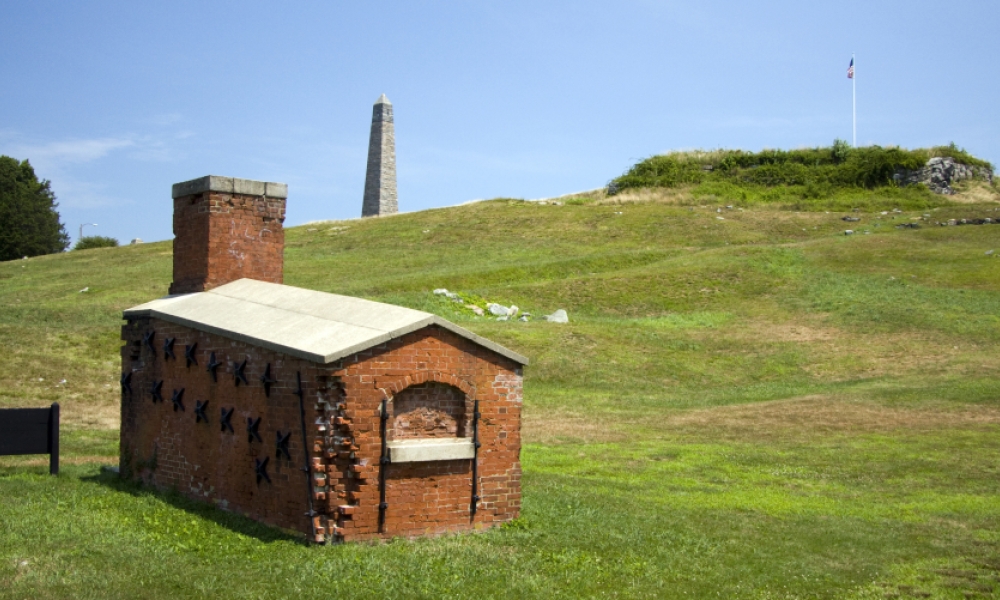
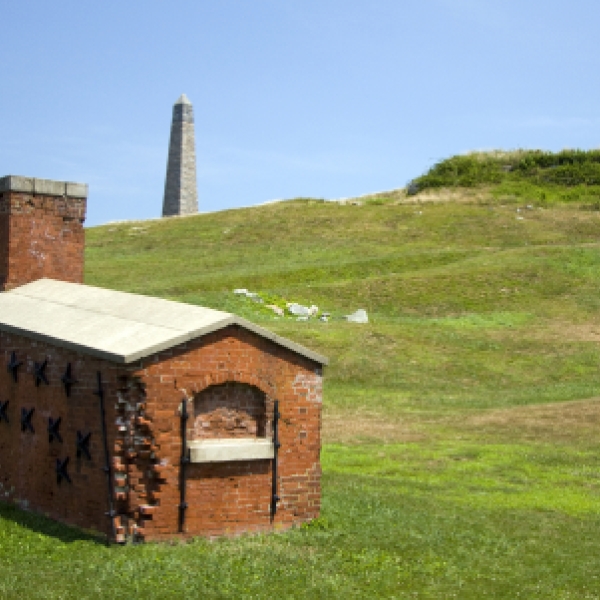
Fort Griswold, Groton
Benedict Arnold was forever stamped in legacy as a traitor when he led a British raid on Fort Griswold in Groton in 1781. The British captured the fort and massacred 88 of the 165 defenders stationed there. Today, the remnants of the fort remain, along with other period structures related to the battle. The site is now a state park offering some amenities, such as picnic tables.
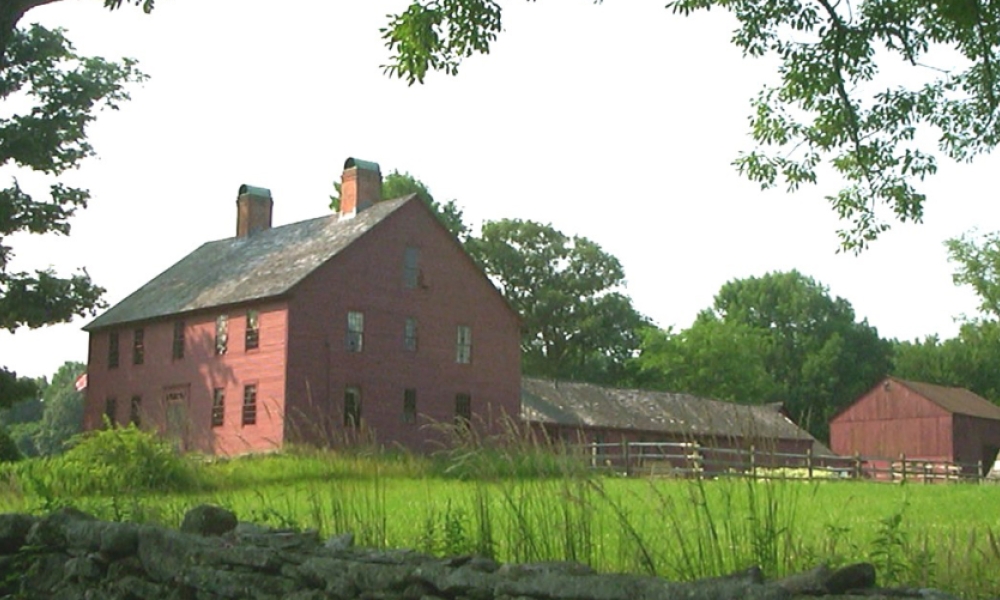
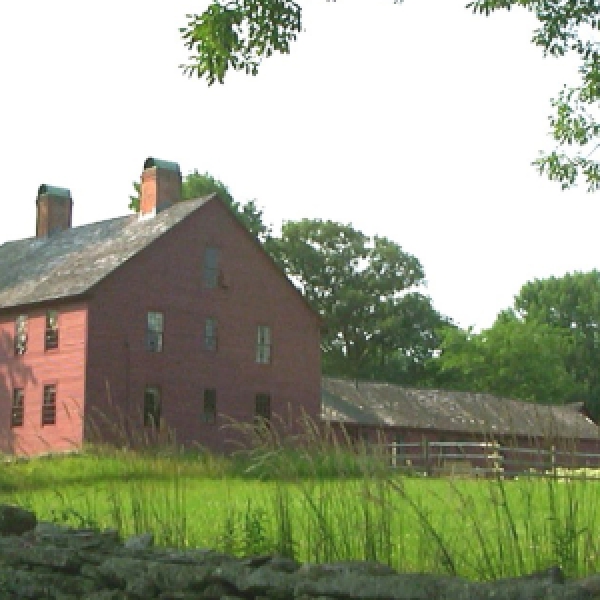
New Haven Forts
New Haven’s early commercial interests and its position on Long Island Sound meant it was a potential target for enemy raids. Black Rock Fort (Revolutionary War) and Fort Nathan Hale (Civil War) were put in place to repel invaders and give the locals a sense of security. Both forts occupied roughly the same space on the east shore of New Haven Harbor. In recent years, they have been reconstructed with a drawbridge, moat, ramparts, powder magazines and a “bombproof” bunker.
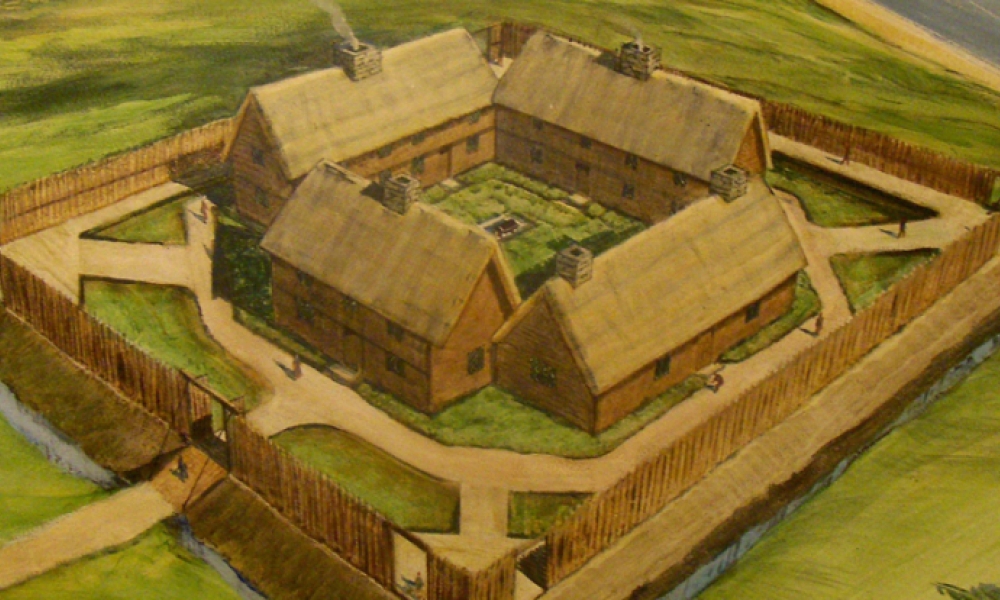
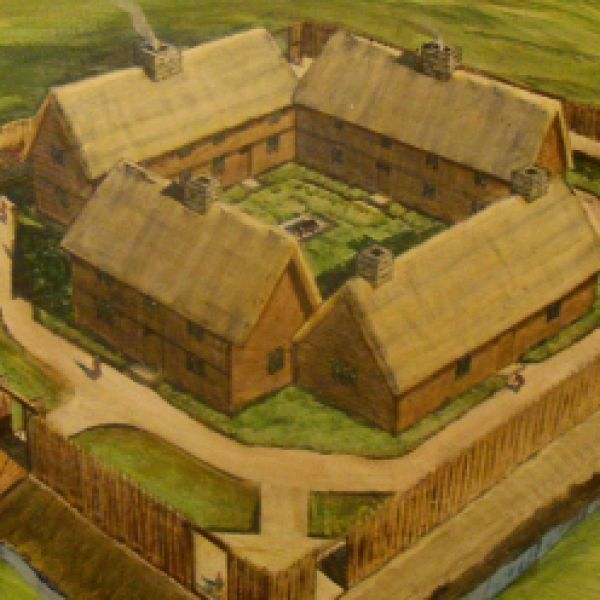
Fort Saybrook, Old Saybrook
One of Connecticut’s most strategic positions from its very earliest days was the community of Saybrook (now Old Saybrook) located at the mouth of the Connecticut River. A good taste of those days can be found at Fort Saybrook Monument Park, whose 17 acres include the site of the original fortification and storyboards depicting the history of the Saybrook Colony.
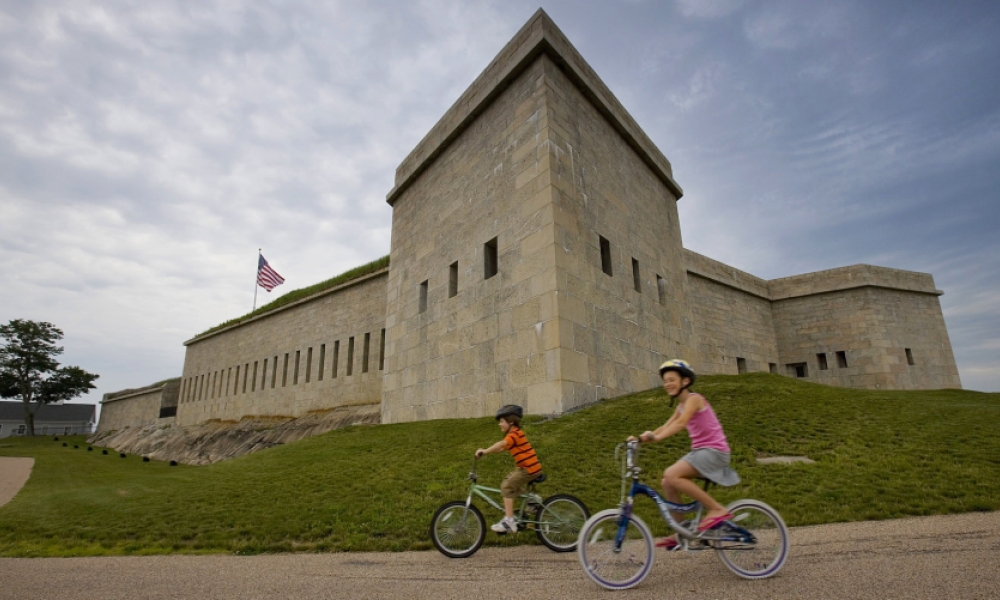
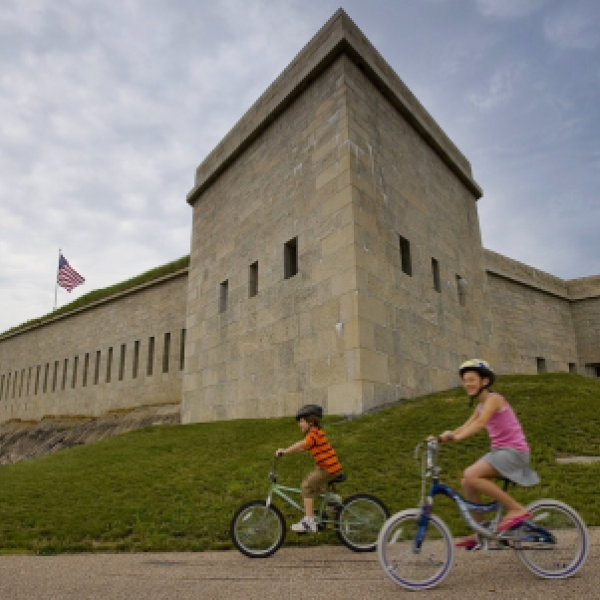
Fort Trumbull, New London
The Civil War brought fears along the Connecticut coast that it was open to raids and attacks from the Confederate Navy. Fort Trumbull was built on 16 acres along the banks of the Thames River in New London. Today, the site has been restored as a state park, including a visitor center and two floors of theaters and interactive exhibits. Consider visiting it in tandem with the nearby Fort Griswold.
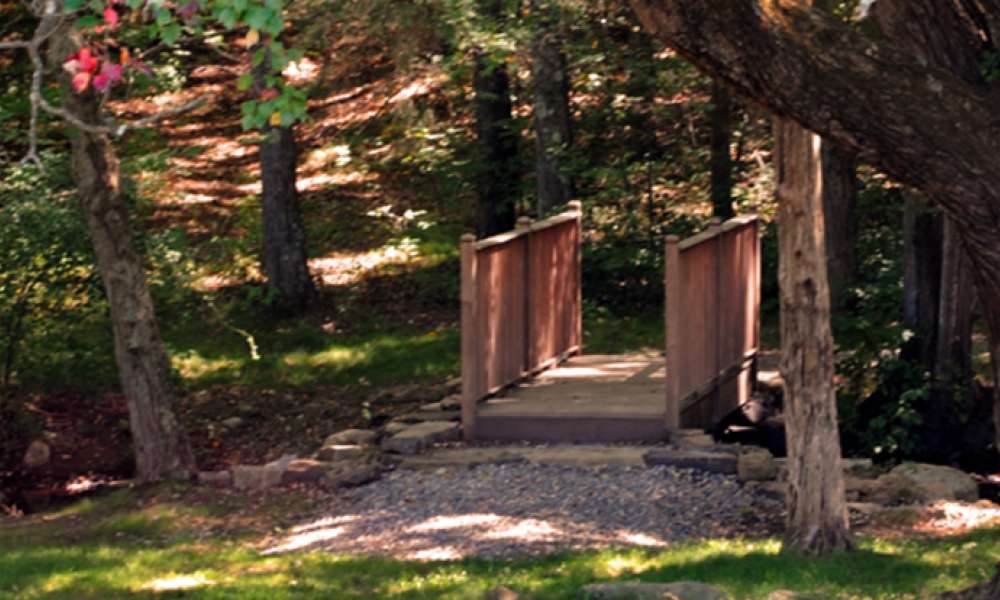
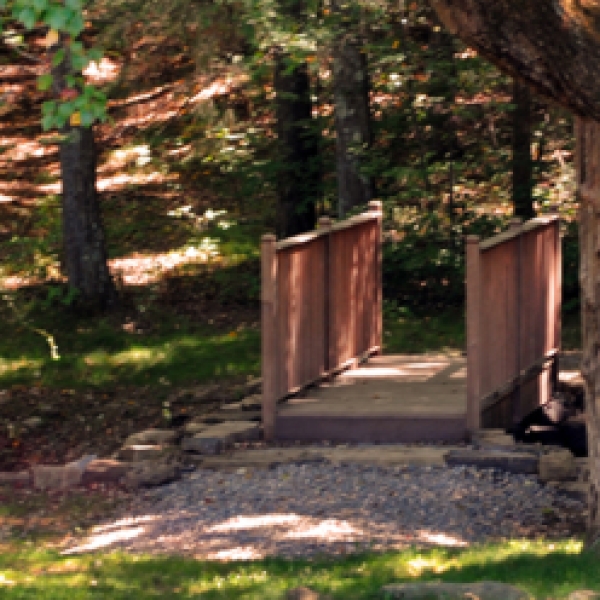
Fort Shantok, Montville
The Native Americans had forts, too, and one of them, Fort Shantok, in Montville, has been declared a National Historic Landmark. Fort Shantok was used as a strategic location by the Mohegans, under the leadership of Uncas, in holding off the aggressive Narragansetts in 1635. A monument at the site pays tribute to Uncas and memorializes the battle.


New England Air Museum, Windsor Locks
Finally, if it’s a “fortress” rather than a fort you’re looking for, head to the New England Air Museum in Windsor Locks, where a magnificent Boeing B-29A “Superfortress” awaits your appraising eye. The four-engine, propeller-driven heavy bomber was designed by Boeing for long distance and high altitude operations during World War II. It was first flown in 1942 and was the most advanced bomber of its era. If you read or saw Unbroken and wondered why this plane caused such a sensation when it first took to the skies, you can get an idea by seeing it here.
Special Delivery

Connecticut, Delivered Right to Your Fingertips
Share your email address to receive our free newsletter and be the first to see the latest travel deals, attractions and news from CTvisit.com!










